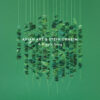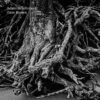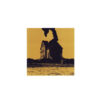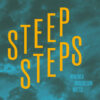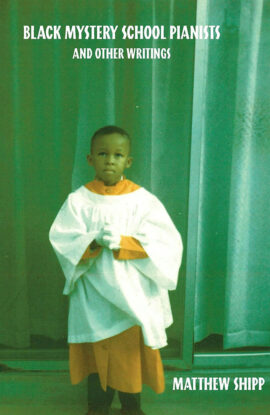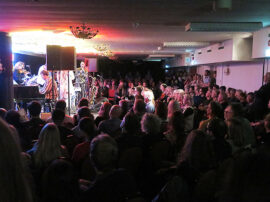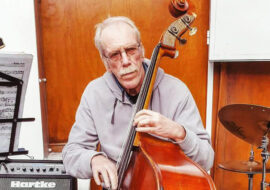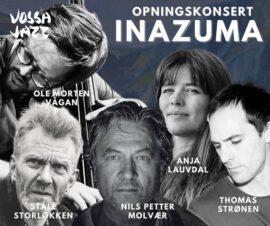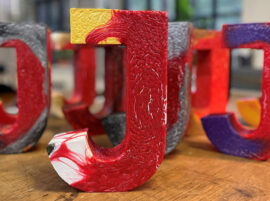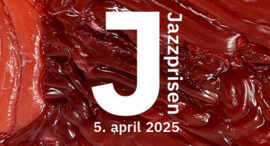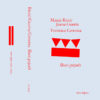
Slani pejzaži (salty landscapes in Serbian) is the cooperative sound art of three female improvisers and sound artists – Serbian Manja Ristić, Portuguese Joana Guerra and Brazilian Verónica Cerrotta, who have never worked together before. The album was recorded remotely. Ristić, who initiated this album, used field recordings from the medieval town of Korčula, her hometown, her European journeys, old lime-stone quarries of South Adriatic, gestures from the Austrin-Czech borderlands former Iron Curtain belt and Lake Bled hydrophone recordings. Cerrotta added field recordings of natural and urban environments from the interior of Rio de Janeiro, including airplanes, light rail transit, and airports, and in the mountainous region and rural areas, samples of film fragments, short-wave samplers and effects. The Guerra «corrupted» the sound of her cello with many objects and instruments.
This work refers to the poem «Diários do Exílio» (Exile Diaries) by the Greek poet Yannis Ritsos, a communist and an active member of the Greek Resistance during World War II, whose his 1950s poem «Epitaphios», set to music by Mikis Theodorakis, became the anthem of the Greek Left. The second piece, «O vento retoma o seu lugar inicial» (The wind returns to its original place) is a line in the poem «Diários do Exílio».
The music is mysterious and seductive and suggests layered, fragile and ethereal tones and voices that keep flowing in and out but trigger the listener’s imagination and invite the listener to incorporate more tactical sounds into it. This suggestive music’s intuitive, dream-like spirit tells about desolate and raw landscapes, «reminiscent of a lost memory or dream», as Guerra describes these nuanced sonic textures. Ristić adds that they built «a sonic simulacrum of places and moments frozen in time, as we were building a narrative about the particular place of togetherness» where «emotional contents got interwoven, and the sound became a storytelling coated in nostalgia and longing for the unknown».
Beautiful arresting, untimely and profound.
Eyal Hareuveni
Manja Ristić (field recordings, objects amplified by hydrophone, contact mic and electromagnetic mic, violin, cardboard box), Joana Guerra (cello, objects, wooden flute, organ, bowed Portuguese guitar, vocals), Verónica Cerrotta (field recordings, samples, synthesizers)


